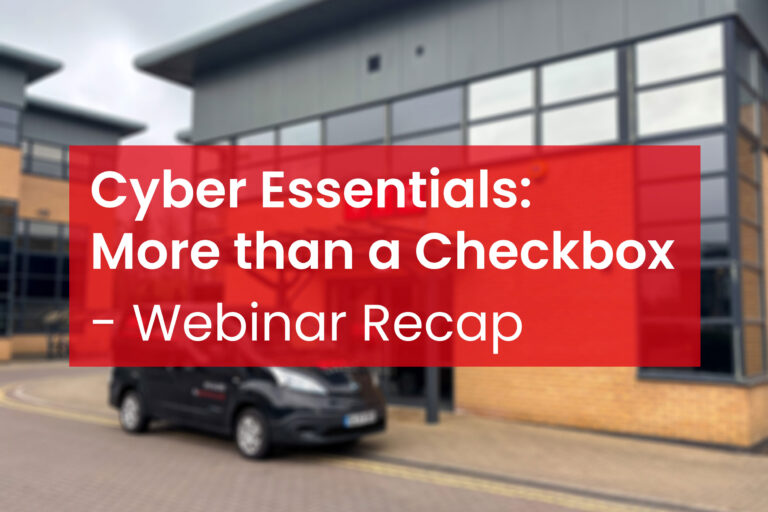Black Friday is a time when scammers come out in full force. They know that people are eager to get the best deals, and they take advantage of that much to the disappointment of wider society. This year they are out in full force due to the economy and gas prices going up pushing people to seek further afield deals for the best price.
Here are some of the main scams that you need to watch out for this Black Friday.

The fake deal scams
Scammers will post deals that are too good to be true, in order to lure in buyers. Once people fall for the scam, the scammers will then ask for payment information to send the product therefore securing your details for their nefarious means. Be sure to do your research before buying anything online, and only buy from reputable websites that are widely used.
The phishing scams
This is when scammers send fake emails pretending to be from legitimate companies, such as Amazon or apple. The emails will usually ask for personal information like passwords or credit card numbers. But can be even more crafty by sending dangerous links disguised as password reset links. Be very careful about what links you click on, and always double-check the email address before submitting any information.
The gift card scam
This is a very common scam all year round. A scammer masquerading as a legitimate vendor will ask that you pay using a digital gift card or coupon. As these purchases will not be able to be tracked its therefore impossible to get the money back that you spent and lost to these scammers, make sure to always pay using your card or credit card as these are easily tracked and can help in getting your money back.
The social marketplace scams
During Black Friday, there is an increase in demand for certain items, such as electronics and appliances. This makes it a perfect opportunity for scammers to sell counterfeit or stolen items on the second-hand market websites or even on social trading websites such as Facebook marketplace or eBay. Always be sure to do your research before buying anything online, and make sure you’re buying from a reputable seller that has great review portfolio.
Clone website scam
Scammers are getting better and better at pretending to be legitimate businesses and marketplaces. By using typos in commonly used URL’s such as amazon.com or asda.com they are catching people out and sending them to a duplicate site with a typo or missing letter such as amazan.com or asba.com which doesn’t send the order out, just accepts the payment.
Fake order scams
Scammers are also pretending to be trusted delivery services such as DPD and Hermes in text messages and email instructing the user to follow a link to pay import tax or extra delivery fees that don’t need to be paid. Make sure that you have ordered what the email shows and check the sender. If all else fails contact your bank for advice.

There are many ways to defend against these types of scams both advanced and simple. Here are some of the tools and advice we recommend you action to keep your office safe and secure from holiday season scammers.
1) Implement email filtering
Stop the scam at its source by implementing our email safety software that will check an email before it arrives in your inbox and will make sure its legitimate and safe. Email filtering is the first line of defence and considered essential for businesses.
2) Make sure you see the product
If ordering second hand, or via untrustworthy stores, it’s always best to see the product in person to make sure that the item is in full working condition. We all remember people selling empty Xbox game console boxes for £300 on Ebay!
3) Only use reputable websites/companies
Only use websites that you have either purchased from before (and had a positive experience with) or websites where there is clear evidence that they are a reputable business. Check 3rd party reviews & do a google search!
4) If it’s too good to be true, it probably is!
Scammers love to post and send emails about “unmissable” deals with huge price slashes that entice shoppers. You must keep in mind that if a price looks too good to be true… it probably is! Read the small print and check the specifications.
5) If in doubt, use a credit card!
Credit cards often offer better protection schemes than debit cards. This is because when you make a purchase between £100 and £30,000 with a credit card, you’re covered by the Consumer Credit Act. Meaning if there’s an issue with the product, the credit card company has responsibility to make sure you’re not out of pocket.
6) Use web filtering technology to block unsafe sites
We believe this is another must for businesses. Your staff shouldn’t really be browsing shopping websites on the clock anyway, but with web filtering this isn’t a problem. Block websites of your choice and use AI to keep your business secure from potentially unsafe websites.
7) Protect your devices with antivirus and encryption
Antivirus is the great wall of China against any malicious software downloaded or sent from the internet. Usage of antivirus can help defend if any of your other safeguarding attempts fail and your staff accidentally open a scam email.
8) Educate your users.
The pen is stronger than the sword, an old adage but still as poignant as the day it was written. Knowledge of these scams and how to defend against them is the strongest weapon in your arsenal so be sure to educate your staff and colleagues and you can stop the breach before it even begins. Simple things, like purchasing on a credit card, checking the domain, and avoid clicking on unsolicited links could potentially save you from a financial mistake! If you’re curios to learn more about our services. Get in touch with us
Make sure to stay safe online especially during the holiday season and make sure to keep your eyes peeled for scammers, help your fellow shoppers and stay alert! If you need any advice, be sure to give us a call for a conversation on this!














